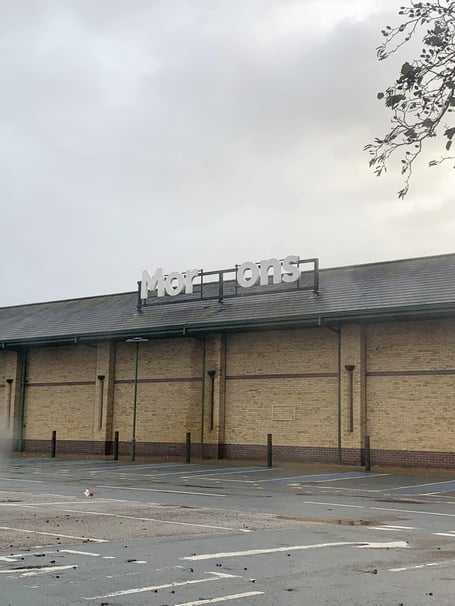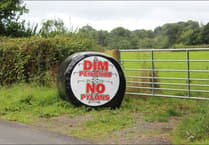Story Darragh huffed and puffed and blew many trees down, bringing power outages and inconvenience to this area last week. Thankfully, there was no loss of life from the once-in-40 years event.
The reality is, however, that our climate is changing and weather events are becoming more frequent and more extreme. How we deal with future storm like Darragh ought to be front and centre for our Local Governments, the Senedd and Westminster, and for every agency and company involved with delivering critical services such as water, electricity. mobile and internet service, gas and transport links on roads and rails.
Years of chronic under-funding mean that there is simply no resilience left in our services and any weakness is being exposed by the changing climate.
It certainly makes sense then that our west Wales MPs have called for an urgent review of resilience measures amid continued disruption to electricity and communications across rural Wales following the storm.
In the House of Commons , Ceredigion Preseli MP Ben Lake and Dwyfor Meirionnydd MP Liz Saville-Roberts expressed “deep concern about the prolonged power outages, which have left residents without heating, water, or reliable means of communication.”
Mr Lake emphasised that the storm had “brought into very sharp relief just how dependent other key utilities are on electricity: from heating and water supply to mobile phone networks”, and noted that in rural areas, the loss of copper landlines in the recent digital switchover had made it more difficult for rural areas to communicate during extreme weather events.
Mr Lake noted that the storm has brought into very sharp relief just how dependent other key utilities are on electricity: from heating and water supply to mobile phone networks.
“The latter concern is compounded in rural areas by the fact that many have lost their copper landlines in the recent digital switchover, and a system that is dependent on mains power supply,” he noted.
We have to agree with Mr Lake. While there are obvious saving switching away from traditional lines, Storm Darragh has taught us that we need to look again to ensure that emergency phone services are capable of picking up when we need them most.





Comments
This article has no comments yet. Be the first to leave a comment.